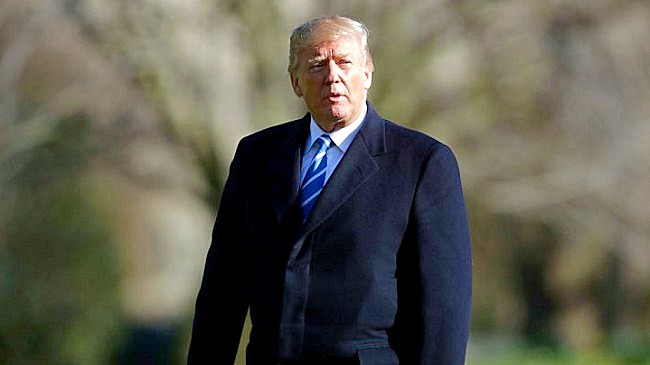
According to The Guardian, Sinclair Broadcast Chairman David D. Smith met with President Trump in the White House in 2017. Before that, the head of the controversial right-wing media company, which owns almost more than 70 percent of local television affiliates across the country, also met with Trump during his 2016 presidential campaign. In an interview confirming the meetings, Smith claimed the purpose of his 2017 meeting with Trump was to brief him and other White House officials about “a system that would enable authorities to broadcast direct to any American’s phone.”
“I just wanted them to be aware of the technology,” he told The Guardian. Even so, the optics of the Sinclair Broadcasting group’s top executive meeting with the Republican president, whose campaign struck a deal for more favorable coverage during the election, aren’t great. Sinclair is currently under fire for forcing its stations to broadcast syndicated political content that many critics consider biased at best. At worst, the required programming is so volatile that anonymous employees (and some stations) are coming out of the woodwork to reveal the company’s inner political workings, if not outright rebel.
In light of this particular controversy, the nature of Smith’s conversation with President Trump seems even more dire:
The company has been a driving force in the development of a new broadcasting standard known as Next Gen TV, and is one of the first involved in making chips for televisions, cellphones and other devices to receive the new transmissions.
A broadcasting industry group, of which Sinclair is a prominent member, lobbied federal authorities last year to force manufacturers to incorporate the chips in all new devices. This would have created orders for millions of chips and probably new revenues for Sinclair.
Last November, the Federal Communications Commission decided against requiring chips to be installed in all new devices, instead making their inclusion voluntary. Whether Smith’s meeting with Trump was meant to affect the FCC’s decision remains unclear, and he stressed to The Guardian that his motivations weren’t financial in nature. “The public interest aspect is enormous in terms of the lives it will save,” he said.
(Via The Guardian)
